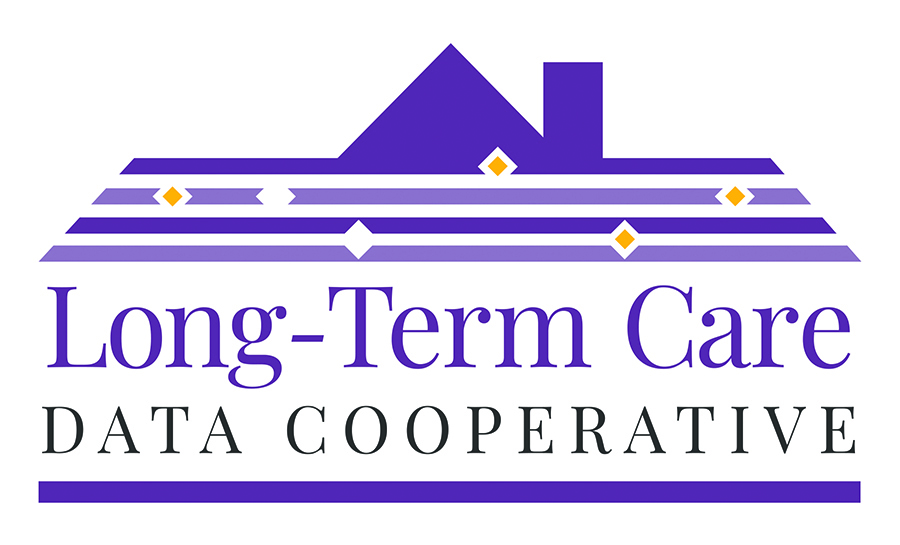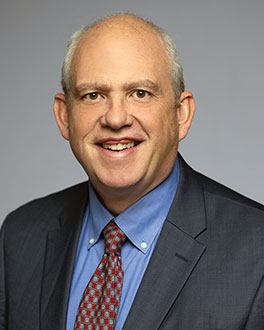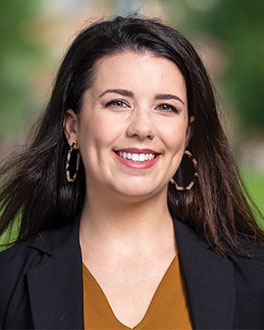 The long term and post-acute care sector is on the precipice of a new era of research. The shift is being led, in part, by the Long Term Care Data Cooperative (“the Cooperative”)—a strategic, multi-partner alliance of providers, academia, government organizations, and the private sector with the goal of creating a comprehensive repository of patient data.
The long term and post-acute care sector is on the precipice of a new era of research. The shift is being led, in part, by the Long Term Care Data Cooperative (“the Cooperative”)—a strategic, multi-partner alliance of providers, academia, government organizations, and the private sector with the goal of creating a comprehensive repository of patient data.
The Cooperative has been in development for several years. At first, it was primarily an ambitious idea from data enthusiasts at the American Health Care Association/National Center for Assisted Living (AHCA/NCAL) and Brown University after the COVID-19 pandemic highlighted the vacuums of information and gaps in shared knowledge within the sector. Then, with the engagement of critical partners like the National Institute on Aging for funding and Exponent, Inc. for technical acumen, the Cooperative moved from idea to prototype.

With nearly two years of logistics, planning, and technical development underway, the Cooperative is now poised to change the way the world collects and uses data from thousands of long term care providers across the United States.
“Before now, researchers and providers have been limited to CMS [Centers for Medicare & Medicaid Services] reports and vendor reports,” said David Gifford, MD, MPH, chief medical officer and director of the Center for Health Policy Evaluation in Long Term Care at AHCA/NCAL. “These reports have an important role, but there are so many reports that simply couldn’t be developed due to access to information. We want to enhance the pool of data in a more universal way—by gathering more information from more people to better understand what’s happening in long term care.”
Streamline, Standardize, and Share
The Cooperative is the first data aggregator of its kind in long term and post-acute care. Prior to the Cooperative’s development, each center had its own data set and reports to track a multitude of points. In many cases, data stopped at the facility level. Now, through the Cooperative, data from roughly 135 organizations representing 1,500 centers is accessible.
Any long term or post-acute care center in the country can opt to participate at no cost. By enrolling, the providers agree to have information that is already being collected by their electronic medical record (EMR) software sent to the Cooperative. Once received, the data is sorted and calibrated to match the universal language of the Cooperative’s reporting tools—a complicated task that requires the standardization of language and confirmation of data equivalence from three distinct EMR vendors: PointClickCare, MatrixCare, and American HealthTech.
The output of the Cooperative is a standardized set of data points from thousands of centers, representing hundreds of thousands of individuals, that is diverse, comprehensive, and large enough to provide meaningful data to researchers.
A Provider-Led Initiative
Maintaining a provider-centered approach is a core component of the Cooperative and a central tenet of its functionality. The Cooperative’s various committees are led by providers, and every proposed research project must be reviewed and approved by a research review committee.
“Providers get to decide what would be helpful to the sector and to their own operations,” Gifford said. “We are not commercializing the data or simply handing it over to anyone who asks for it. We want to make the data useful for providers to help them improve their own operations.”
 Providers that are enrolled in the Cooperative are invited to attend quarterly town hall meetings to provide feedback on research proposals, receive updates about the Cooperative’s progress, and ask technical or data-related questions. These ongoing conversations are completely voluntarily and not required for participation. According to Lonnita Myles, project director of the Long Term Care Data Cooperative, providers have been rising to the occasion.
Providers that are enrolled in the Cooperative are invited to attend quarterly town hall meetings to provide feedback on research proposals, receive updates about the Cooperative’s progress, and ask technical or data-related questions. These ongoing conversations are completely voluntarily and not required for participation. According to Lonnita Myles, project director of the Long Term Care Data Cooperative, providers have been rising to the occasion.
“We’ve seen so many [AHCA/NCAL] members enroll and volunteer to serve on various committees. They’re getting involved and want to know more about how this data can serve not just their own center but the long term care community at large.”
The Future of Long Term Care Research
Since the initial data collection began, researchers have been eager to access the Cooperative. According to Gifford, the focal point of approved research projects is effectiveness: What does the sector need to know to perform better?
“We’ve experienced tremendous interest from researchers on a variety of effectiveness topics,” Gifford said. He noted that a variety of research topics have been proposed, such as antibiotic stewardship, how to partner with nurses in rehabilitation centers to prevent falls, how to better understand the most effective way to prevent hypoglycemic episodes, and how to help with staffing competency training, among others.
“People are reaching out. Ideas that we never anticipated are coming forward and they’re great. We’re figuring out how to make it happen,” said Gifford.
Kaley Hayes, Pharm.D., Ph.D., is an assistant professor within Brown University’s Department of Health Services, Policy, and Practice and one of the Cooperative’s first approved researchers. Hayes is using the Cooperative’s data for observational studies that provide evidence on the safety and effectiveness of chronic medications for older adults, particularly those residing in long term care.
 “In my research specifically, the electronic health-record data the Cooperative provides contains much richer information than we typically have access to on such a large scale,” Hayes said. “For instance, my research is now able to leverage many new data elements to address drug effects, like exact timing of medication administration and information on a patient’s daily vital signs, like blood pressure, that have never been available for such a large and diverse group of people.”
“In my research specifically, the electronic health-record data the Cooperative provides contains much richer information than we typically have access to on such a large scale,” Hayes said. “For instance, my research is now able to leverage many new data elements to address drug effects, like exact timing of medication administration and information on a patient’s daily vital signs, like blood pressure, that have never been available for such a large and diverse group of people.”
Beyond leveraging the data itself, Hayes is using the Cooperative to gain access to providers who can provide critical insights and context to the data she is using.
“Not only does the LTC Data Cooperative allow for new research questions to be asked that answer long-standing knowledge gaps, it’s also incredibly helpful to connect with real-world providers to learn what parts of my research are most helpful for them and to communicate research results. The LTC Data Cooperative offers critical connections that allow for expeditious and impactful knowledge translation of my research.”
The Cooperative will remain an ongoing, growing initiative. Providers that are interested in learning more about enrolling can contact the Cooperative via email at ltcdatacooperative@ahca.org or online at www.ahcancal.org/datacooperative.
Claire Krawsczyn is a freelance writer and creative consultant serving industries such as long term and post-acute care. She can be reached at claire@goverano.com.